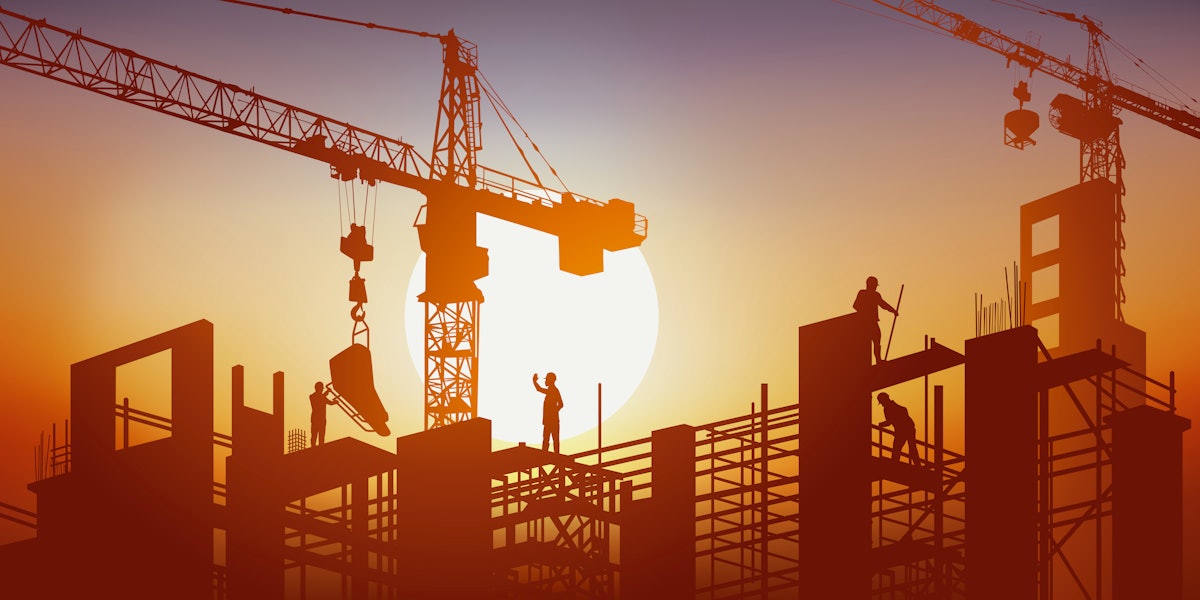Hard Hats & High-Tech: The Digital Revolution Transforming Construction Safety

Embracing the Future of Construction: Technology, Safety, and Innovation
The construction industry stands at the cusp of a transformative era, where cutting-edge technologies are revolutionizing how we design, build, and maintain infrastructure. By thoughtfully integrating advanced technological solutions, we are paving the way for a future that transcends traditional boundaries of efficiency and safety.
Modern construction is no longer just about erecting structures; it's about creating intelligent, responsive environments that prioritize human well-being and environmental sustainability. From AI-powered predictive maintenance to drone-assisted site monitoring and advanced safety systems, technology is reshaping every aspect of the construction landscape.
These innovations are not merely incremental improvements but represent a fundamental shift in our approach to building. By leveraging smart technologies, we can dramatically reduce risks, optimize resource allocation, and create more resilient and adaptive construction processes.
The vision is clear: a future where construction is a harmonious blend of human expertise and technological innovation. A future where safety is paramount, efficiency is seamless, and every project reflects a deep commitment to responsible and forward-thinking development.
As we continue to push the boundaries of what's possible, we are not just constructing buildings – we are building the foundations of a smarter, safer, and more sustainable world.
